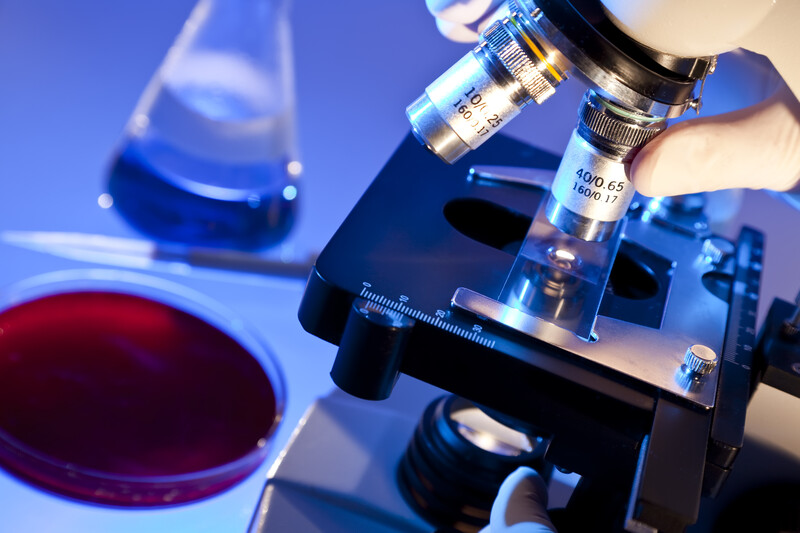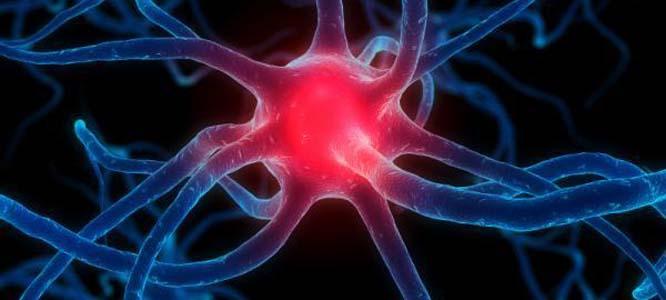Snap photos of yourself doing the actual experiment and paste them in alongside your drawing of your experimental setup. This is the same way scientists document their own findings, and it's a lot of fun to look back at the splattered pages later on and see how far you've come. I always jot down my questions that didn't get answered with the experiment across the top of the page so I can research it more later. Are you ready to get started?
Your body does a tremendous number of things all the time. In these sections, you’ll learn about your skeleton, bone joints, muscle tension, blood cells, lungs, ears, eyes, and so much more!
Some of the experiments you’ll be creating include: a working lung model so you can see how pressure differences affect the lungs and diaphragm; a robotic hand model with real tendons; working eye model which you can adapt for near and far sighted conditions; how to do chemical fingerprinting... and so much more!
We will go over integumentary, skeletal, and muscular systems by beginning with a general overview of the body. We’ll also learn about what should we eat, what happens to food once we swallow it, and how your digestive system works, and why the standard American diet of fries, shakes, and sodas wreaks havoc on our digestive system. Another system we’ll cover is the respiratory system, which is responsible for providing your organs with the oxygen it needs and removing the carbon dioxide it doesn’t. Speaking of things your body doesn’t need, our next topic will be the excretory system, the one responsible for getting rid of all waste from the body. We’ll talk about how your body allows you to do all the things you do. In order to do those things, your body must stay healthy, and keeping you healthy is the job of the immune system.
Some of the experiments you’ll be creating include: a working lung model so you can see how pressure differences affect the lungs and diaphragm; a robotic hand model with real tendons; working eye model which you can adapt for near and far sighted conditions; how to do chemical fingerprinting... and so much more!
We will go over integumentary, skeletal, and muscular systems by beginning with a general overview of the body. We’ll also learn about what should we eat, what happens to food once we swallow it, and how your digestive system works, and why the standard American diet of fries, shakes, and sodas wreaks havoc on our digestive system. Another system we’ll cover is the respiratory system, which is responsible for providing your organs with the oxygen it needs and removing the carbon dioxide it doesn’t. Speaking of things your body doesn’t need, our next topic will be the excretory system, the one responsible for getting rid of all waste from the body. We’ll talk about how your body allows you to do all the things you do. In order to do those things, your body must stay healthy, and keeping you healthy is the job of the immune system.





